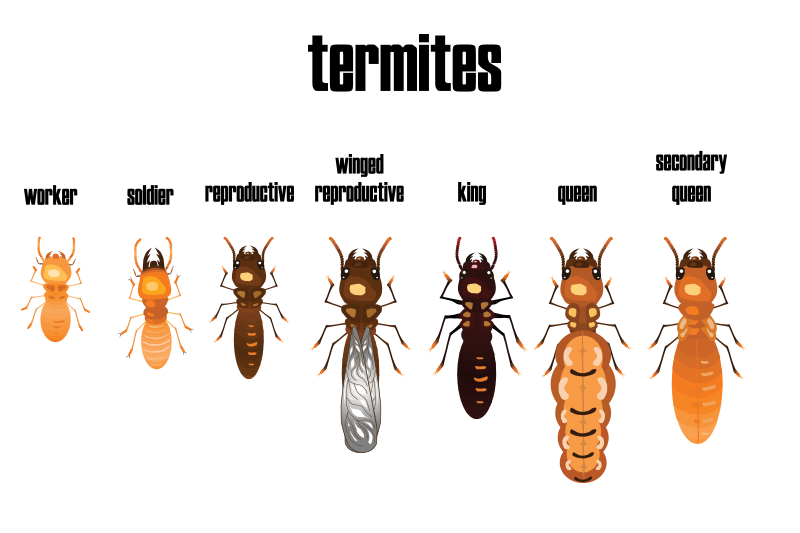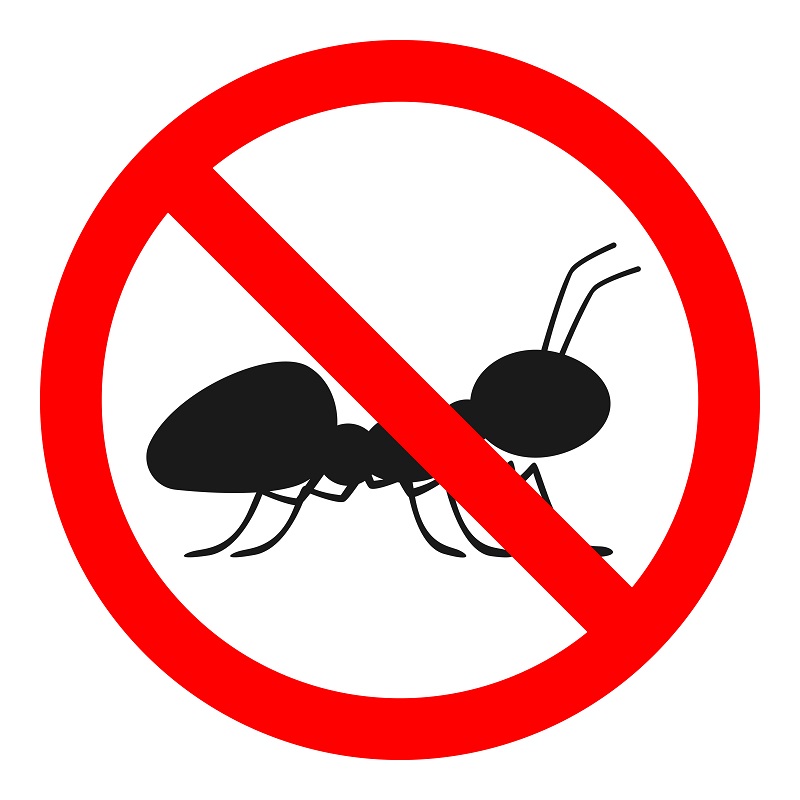Cost Effective Ant Control Solutions: Maintain Your Area Ant-Free
Cost Effective Ant Control Solutions: Maintain Your Area Ant-Free
Blog Article
Environmental Effect of Insect Control: Harmonizing Performance With Sustainability
The ecological influence of pest control is a vital concern that needs a delicate balance between attaining efficiency in making certain and managing insects sustainability of our communities. As we aim to secure our plants, homes, and wellness from the dangers posed by parasites, the methods we use can unintentionally harm the environment. From the usage of damaging chemicals that seep right into our dirt and water to the unintended repercussions on non-target types, the repercussions of standard bug control methods are significant. Nevertheless, there are emerging methods that supply hope for a more lasting strategy to pest monitoring. These services not only aim to address the instant bug troubles however also consider the long-term health and wellness of our world.
Damaging Chemicals in Parasite Control
The application of harmful chemicals in insect control postures significant ecological and wellness dangers that necessitate mindful factor to consider and reduction techniques. Pesticides, chemicals, and herbicides are frequently utilized to eradicate insects, but their widespread application can lead to unplanned consequences. These chemicals can contaminate dirt, water resources, and the air, influencing not just the targeted pests but also advantageous pests, wildlife, and people.

To resolve these threats, incorporated parasite management (IPM) strategies are being promoted as a much more sustainable alternative. IPM involves a combination of methods such as biological control, environment adjustment, and the targeted use pesticides as a last option (ant control stalling nc). By taking on a holistic strategy to pest control, we can decrease the ecological and wellness impacts connected with unsafe chemicals while successfully managing pest populaces
Influence On Non-Target Species
Considering the unexpected consequences of bug control methods, the effect on non-target varieties is an essential aspect that requires complete assessment. While bug control measures aim to target certain parasites, various other microorganisms in the ecological community might be unintentionally impacted. Non-target varieties, consisting of beneficial pests, birds, creatures, and even plants, can experience direct or indirect harm from pesticide applications or organic control approaches.
Pesticides designed to combat a specific insect bug might damage pollinators like bees or natural predators such as ladybugs. Biological control representatives, if not species-specific, can posture threats to unexpected targets, interrupting the ecological equilibrium.
To minimize the effect on non-target species, incorporated insect monitoring (IPM) strategies that emphasize a holistic approach to pest control are suggested. These approaches focus on making use of eco-friendly practices, decreasing injury to advantageous organisms while efficiently taking care of pest populaces. Performing complete threat evaluations and keeping an eye on the outcomes of bug control initiatives are important action in safeguarding non-target species and advertising total ecological community health.
Soil and Water Contamination
Unintentional ecological effects of bug control techniques expand past influencing non-target species, with significant ramifications for dirt and water contamination - termite control. Chemicals, herbicides, and chemical plant foods used in bug control can seep right into the soil and infect groundwater, positioning a threat to both earthbound and aquatic environments.
Water contamination is an additional essential problem connected with pest control techniques. To reduce soil and water contamination from bug control activities, incorporated insect management strategies that focus on sustainability and reduce chemical inputs are crucial.
Air Pollution From Chemical Use
Direct exposure to air-borne pesticides throughout find out here now agricultural applications presents a considerable concern for air pollution control steps. Furthermore, pesticide drift, where pesticides are carried by the wind to unplanned areas, can lead to the contamination of close-by communities and water bodies.

Methods for Lasting Insect Control
In the realm of agricultural practices, carrying out lasting parasite control strategies is extremely important for preserving eco-friendly equilibrium and safeguarding plant returns. Lasting pest control highlights making use of eco-friendly methods to manage parasite populaces successfully while reducing harm to non-target organisms and environments. Integrated Insect Monitoring (IPM) is an extensively adopted technique that combines organic, social, physical, and chemical control techniques to attain lasting parasite management remedies.
One key technique in sustainable pest control is advertising biodiversity within agroecosystems. By enhancing all-natural adversaries of bugs, such as killers and parasitoids, farmers can reduce the need for synthetic chemicals. Plant rotation and diversity are also effective strategies to interfere with pest life process and develop much less beneficial problems for bugs to prosper. In addition, using pest-resistant plant ranges and employing techniques like catch cropping can help in reducing bug pressure without counting heavily on chemical treatments. Inevitably, by incorporating these sustainable pest control strategies, farmers can accomplish an equilibrium in between pest administration effectiveness and ecological stewardship.
Verdict
To conclude, the environmental influence of parasite control methods need to be carefully considered to stabilize effectiveness with sustainability. Hazardous chemicals used in pest control can result in soil and water contamination, air contamination, and injury non-target species - termite control services. It is essential to execute sustainable insect control techniques to minimize these unfavorable effects on the setting and promote a healthier ecosystem for future generations
By adopting a holistic strategy to pest control, we can minimize the environmental and health impacts connected with harmful chemicals while effectively managing pest populations.

To minimize the air pollution triggered by chemical usage, it is important to take on integrated bug administration strategies that prioritize the use of non-chemical pest control techniques, such as plant rotation, natural killers, and immune plant selections. Sustainable parasite control highlights the usage of environmentally friendly methods to manage pest populations efficiently while reducing damage to non-target microorganisms and ecosystems. Integrated Pest Administration (IPM) is a widely adopted strategy that integrates organic, cultural, physical, and chemical control approaches to accomplish long-term bug administration solutions.
Report this page